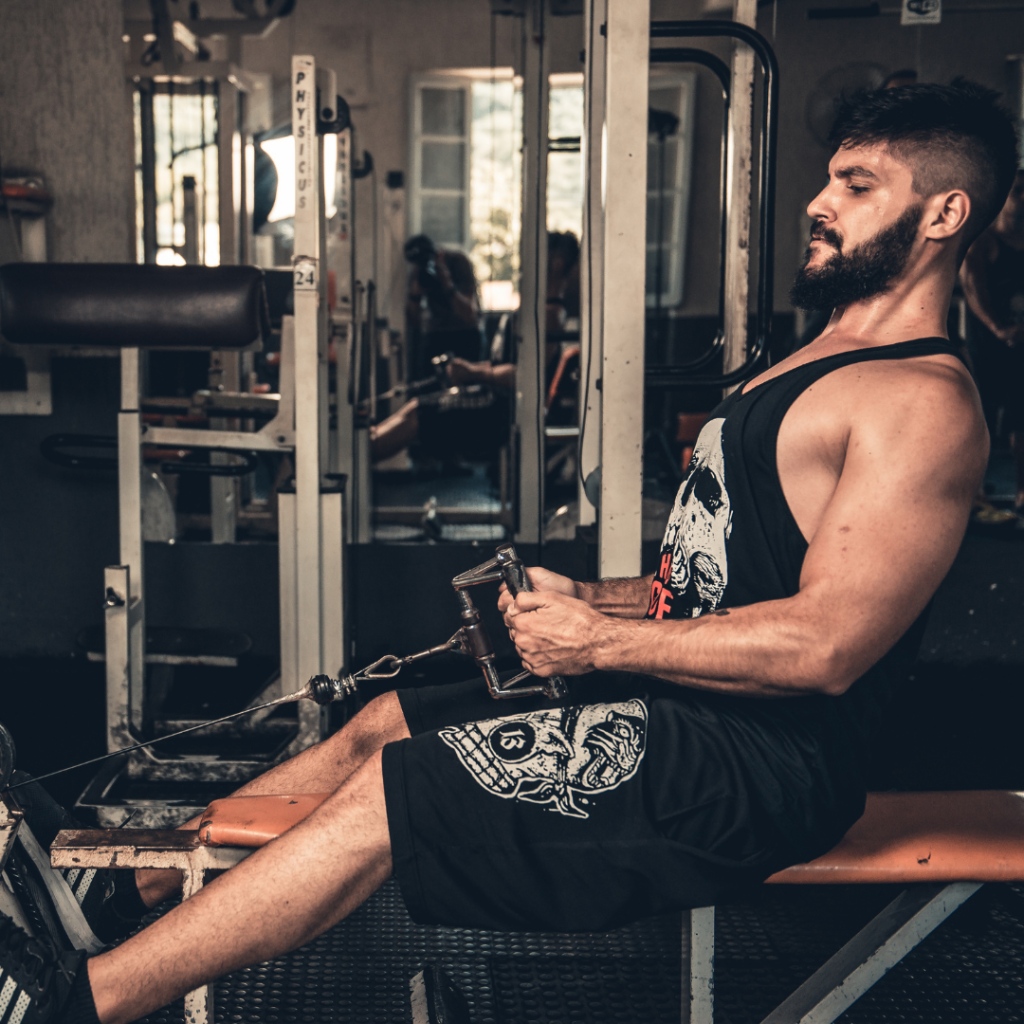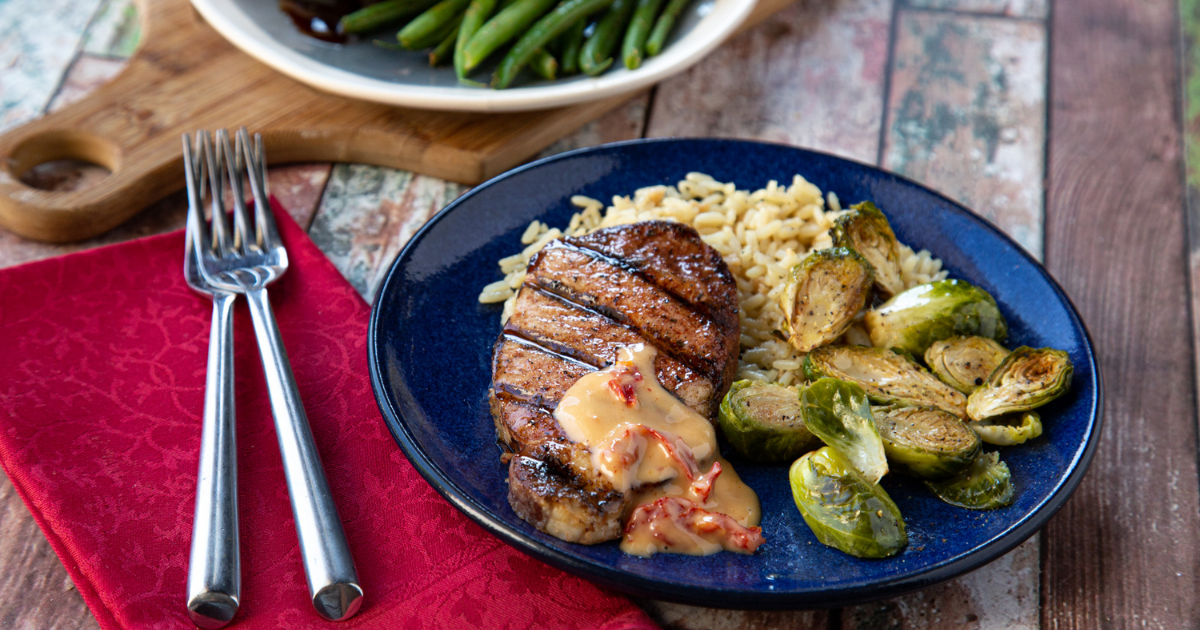When it comes to exercising the food we eat plays a vital role in determining the quality of our workout sessions. That’s because nutrition has the largest impact on our bodies. When we consume the right foods, we supply our bodies with more energy for longer and high-intensity workouts.
That said, there are generally two schools of thought when it comes to eating and exercising. One recommends avoiding any foods before a workout, except perhaps a healthy drink such as fruit or green juice. Another recommends having a hearty meal or a light snack and then hitting the gym. Both sides have their merits.
Exercising on an Empty Stomach
This usually involves going for a morning run just before breakfast or even hitting the gym before dinner. The downside of working out on an empty stomach is there’s a high risk of feeling light-headed or lethargic. That’s because any form of fasting, day or night, reduces blood sugar and depletes the glycogen stores which our bodies typically rely on for energy. When you exercise in a fasted state your body is forced to rely on stored body fat to fuel the workout, which isn’t as effective as glycogen since it requires more oxygen to break down into a form the muscles can use.
Also, since you’re getting less energy, you can only perform low-intensity exercises. If your goal however is to lose weight relatively quickly, this mode of exercising has been shown to deliver great results for some people, since it increases your body’s ability to convert stored fat into fuel.
Exercising After Eating

This mode of eating is recommended for individuals looking to build muscle and those looking to perform at their best. When you eat before exercising you supply your body with the glycogen it needs to sustain your metabolic processes throughout your workout session.
If you plan on performing intense activities such as heavy weight lifting, aerobics, and swimming, fitness gurus recommend consuming complex carbohydrates such as starchy vegetables, whole grains, lentils, and beans. The only downside to this approach is you need to allow sufficient time for the food to be digested.
The duration depends on the type of food you eat. A nutrient-dense smoothie, for instance, may take around 30-45 min to get fully absorbed while a meal high in carbs and protein may take up to 4 hours! To avoid any inconveniences make sure you time your pre-workout meals just right so you’re able to get the calories you need when you get to the gym.
Conclusion
The choice of whether to eat before or after a workout depends on your preferences and fitness goals. Whichever route you decide to take, don’t forget to stay hydrated. If you’re parched, everything from your mood to your workout performance will suffer.
Fit Five Meals offers quick and tasty meals for people with a busy lifestyle looking to eat healthy on a budget. Our meals have high nutritional content guaranteed to boost your health and also help you save time so you can focus on achieving your goals.
